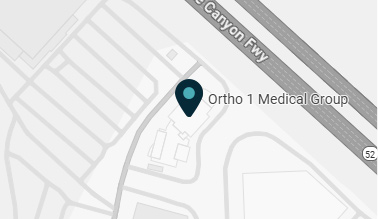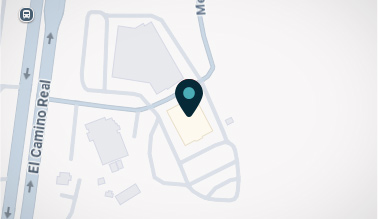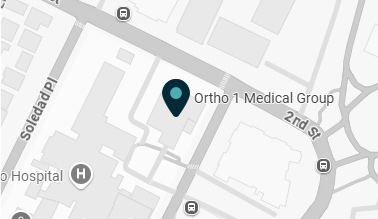What is Carpal Tunnel Syndrome?
Carpal tunnel syndrome is a common, painful, progressive condition that is caused by compression of the median nerve at the wrist area.
Symptoms of Carpal Tunnel Syndrome
The common symptoms of carpal tunnel syndrome include numbness and tingling sensation in all the fingers except the little finger, pain and burning sensation in your hand and wrist that may radiate up the arm and elbow, and weakness in your hand with diminished grip strength.
Causes of Carpal Tunnel Syndrome
The exact causes of the condition are not known. However, certain factors increase the risk of developing carpal tunnel syndrome:
- Congenital abnormalities
- Repetitive motion of hand and wrists
- Fractures and sprains
- Hormonal imbalance
- Medical conditions such as
- Hypothyroidism
- Rheumatoid arthritis
- Diabetes
- Obesity
- Gout
- Overactive pituitary gland
- Presence of a cyst or tumor in the canal
Conservative Treatment Options for Carpal Tunnel Syndrome
Carpal tunnel syndrome may be treated using conservative approaches. The conservative treatments include:
- Treating the underlying medical conditions
- Immobilization of the hand and wrist with a splint or wrist brace for 4-6 weeks
- Rest the hand for 2 weeks or more
- Ice packs to avoid swelling
- Avoid activities that tend to worsen the symptoms
- Medications such as non-steroidal anti-inflammatory drugs and steroid injections
- Strengthening and stretching exercises once symptoms diminish
Carpal Tunnel Release Surgery
If conservative treatment options fail to resolve the condition your surgeon may recommend surgery.
Carpal tunnel syndrome can be treated with carpal tunnel release surgery. The traditional surgery involves an incision of up to 2 inches in the palm and wrist area, whereas endoscopic surgery involves one or two half-an-inch incisions and the use of an endoscope. During the surgery, the transverse carpal ligament will be dissected to release the pressure on the median nerve and enlarge the carpal tunnel. Your surgeon will decide which options are best for you based on your general and medical conditions.
Postoperative Care for Carpal Tunnel Release Surgery
Your surgeon may suggest that you practice certain postoperative procedures for better recovery and avoid further complications.
- Elevate your hand above heart level to reduce swelling.
- Wear a splint.
- Ice packs to the surgical area to reduce swelling.
- Keep the surgical incision clean and dry. Cover the area with plastic wrap when bathing or showering.
- Physical therapy may be ordered to restore your wrist strength.
- Eating a healthy diet and not smoking will promote healing.
Risks and Complications of Carpal Tunnel Release Surgery
You may not experience any complications following carpal tunnel release surgery. However, sometimes you may suffer from pain, infections, scarring, and nerve damage causing weakness, paralysis or loss of sensation and stiffness in the hand and wrist area.




















